Overview and Causes of Tech Neck
In today’s digital age, prolonged use of smartphones, tablets, and computers has led to a common condition known as tech neck. Tech neck, or text neck, is a modern term for the discomfort and pain that result from the repetitive stress and poor posture associated with looking down at electronic devices for extended periods. This condition primarily affects the cervical spine, which includes the neck and upper back region.
The primary cause of tech neck is the sustained forward head posture that occurs when individuals spend long hours looking down at their devices. This posture places excessive strain on the cervical spine and the surrounding muscles, ligaments, and tendons. Over time, this can lead to misalignments, muscle imbalances, and chronic pain.
SIGNS AND SYMPTOMS OF TECH NECK
Tech neck can manifest through a variety of signs and symptoms, which can range from mild discomfort to severe pain. Common symptoms include:
Neck Pain: Persistent or sharp pain in the neck region.
Stiffness: Reduced range of motion and stiffness in the neck and upper back.
Headaches: Tension headaches that originate from the neck.
Shoulder Pain: Discomfort and pain that can extend into the shoulders.
Numbness and Tingling: Sensations of numbness or tingling in the arms and hands, indicating nerve compression.
Poor Posture: Noticeable forward head posture and rounded shoulders.
How Upper Cervical Chiropractic Care Treats and Alleviates Tech Neck
Upper cervical chiropractic care focuses on the alignment and health of the uppermost vertebrae in the spine, particularly the atlas (C1) and axis (C2). These vertebrae play a crucial role in supporting the head and maintaining proper posture. When these vertebrae are misaligned, they can contribute to tech neck and exacerbate symptoms. Upper cervical chiropractic care offers a targeted approach to treating and alleviating tech neck through the following methods:
Precise Adjustments: Upper cervical chiropractors use gentle, precise adjustments to correct misalignments in the upper cervical spine. These adjustments help restore proper alignment, reducing strain on the cervical spine and alleviating pain.
Reducing Muscle Tension: Misalignments in the upper cervical spine can lead to muscle tension and imbalances. Chiropractic adjustments help release this tension, allowing muscles to relax and function more effectively.
Improving Posture: Correcting upper cervical misalignments can improve overall posture, reducing the forward head posture associated with tech neck. Better posture helps distribute weight more evenly across the spine, reducing stress and discomfort.
Enhancing Neural Communication: Proper alignment of the upper cervical spine ensures optimal neural communication between the brain and the body. This can alleviate symptoms such as numbness and tingling by reducing nerve compression.
Promoting Healing: Upper cervical chiropractic care enhances blood flow and reduces inflammation, creating an environment conducive to healing. This can lead to long-term relief from tech neck symptoms and prevent recurrence.
Conclusion
Tech neck is a modern health concern resulting from the pervasive use of digital devices. The symptoms can range from mild discomfort to chronic pain, significantly impacting daily life. Upper cervical chiropractic care offers an effective and natural approach to treating and alleviating tech neck. By focusing on the alignment of the upper cervical spine, chiropractors can reduce muscle tension, improve posture, enhance neural communication, and promote overall healing. If you are experiencing tech neck, consider exploring upper cervical chiropractic care to find relief and restore balance to your cervical spine.



